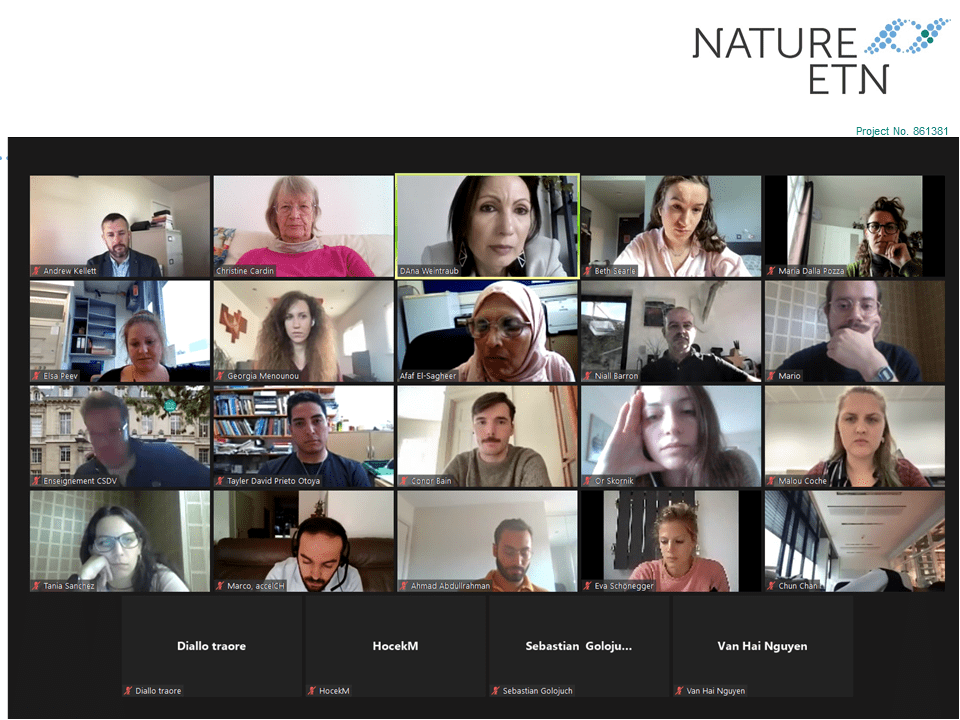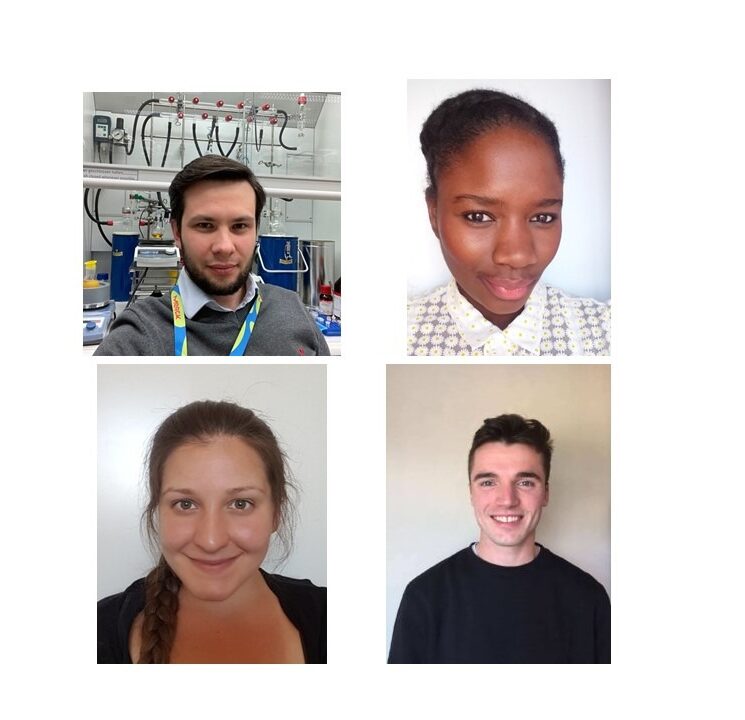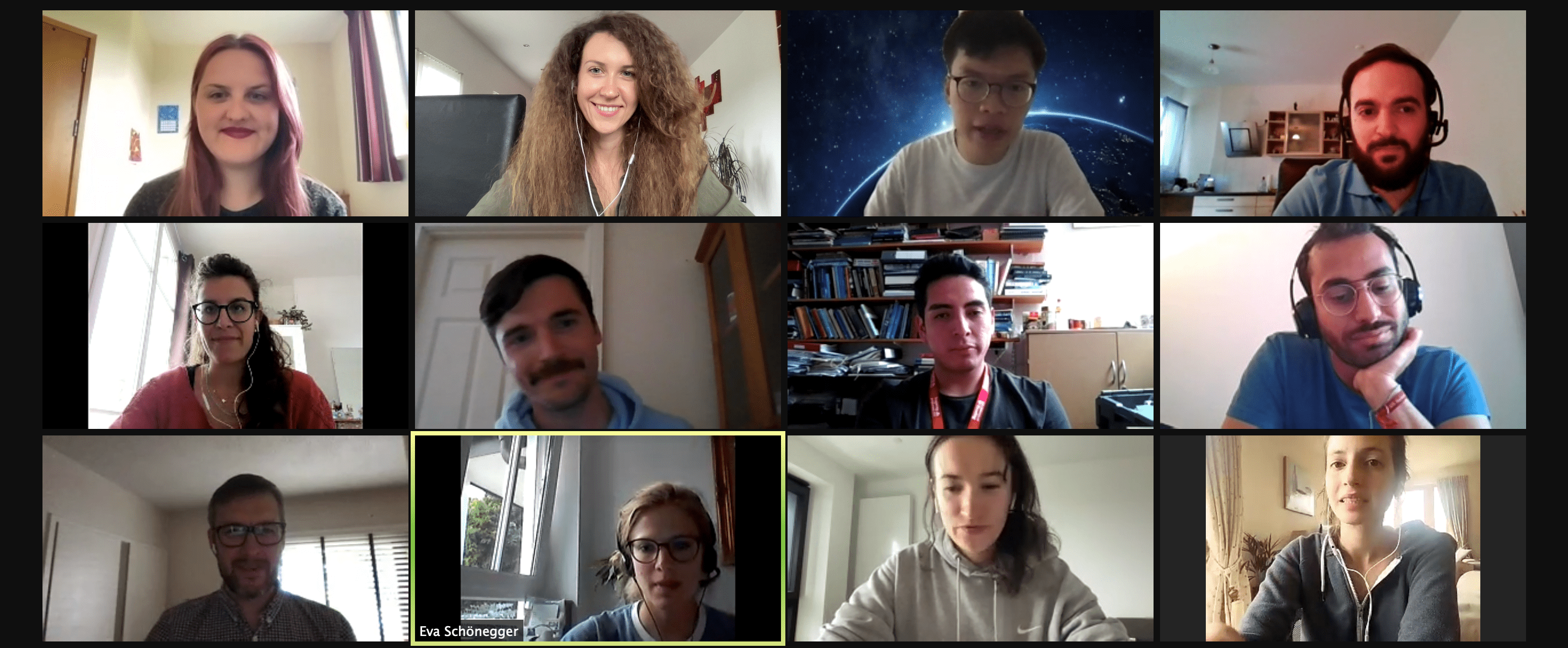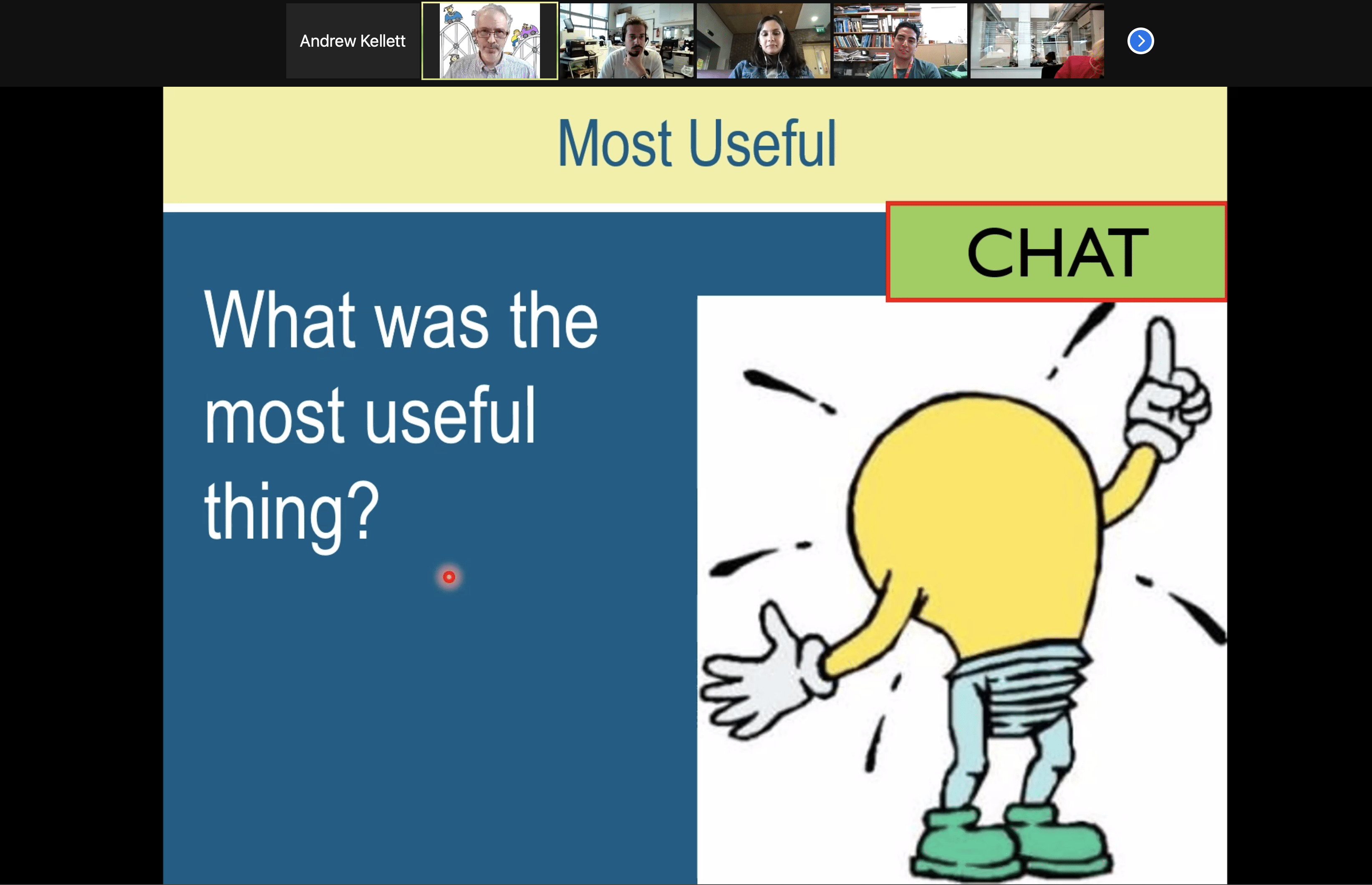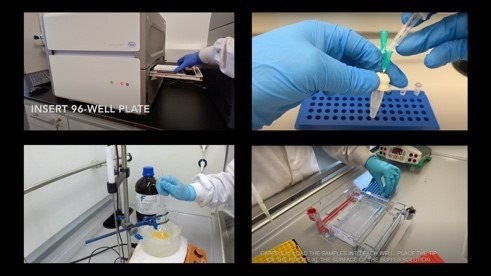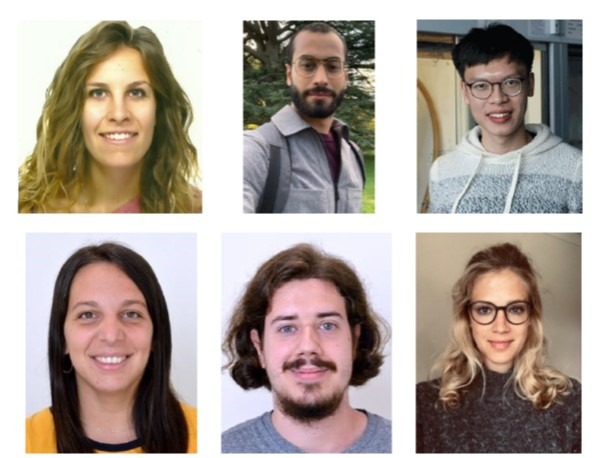The NATURE-ETN check meeting with our European Commission Research Executive Agency (REA) Project Officer took place online on the 5th of October 2021. Our Coordinator reported on the progress of the project and the COVID-19- and Brexit-induced challenges encountered and successfully solved through effective mitigation measures and collaboration. On their side, our 15 ESRs introduced themselves, their project objectives and training ambitions. The discussions on the next steps and upcoming milestones with the REA Project Officer were both fruitful and informative.
This meeting was the occasion to highlight our appreciation for the REA’s flexibility and support in these uncertain times and our gratitude for being part of the Marie-Skłodowska-Curie Actions community. A community that now counts two Nobel Prize winners in Chemistry for the second year in a row.

